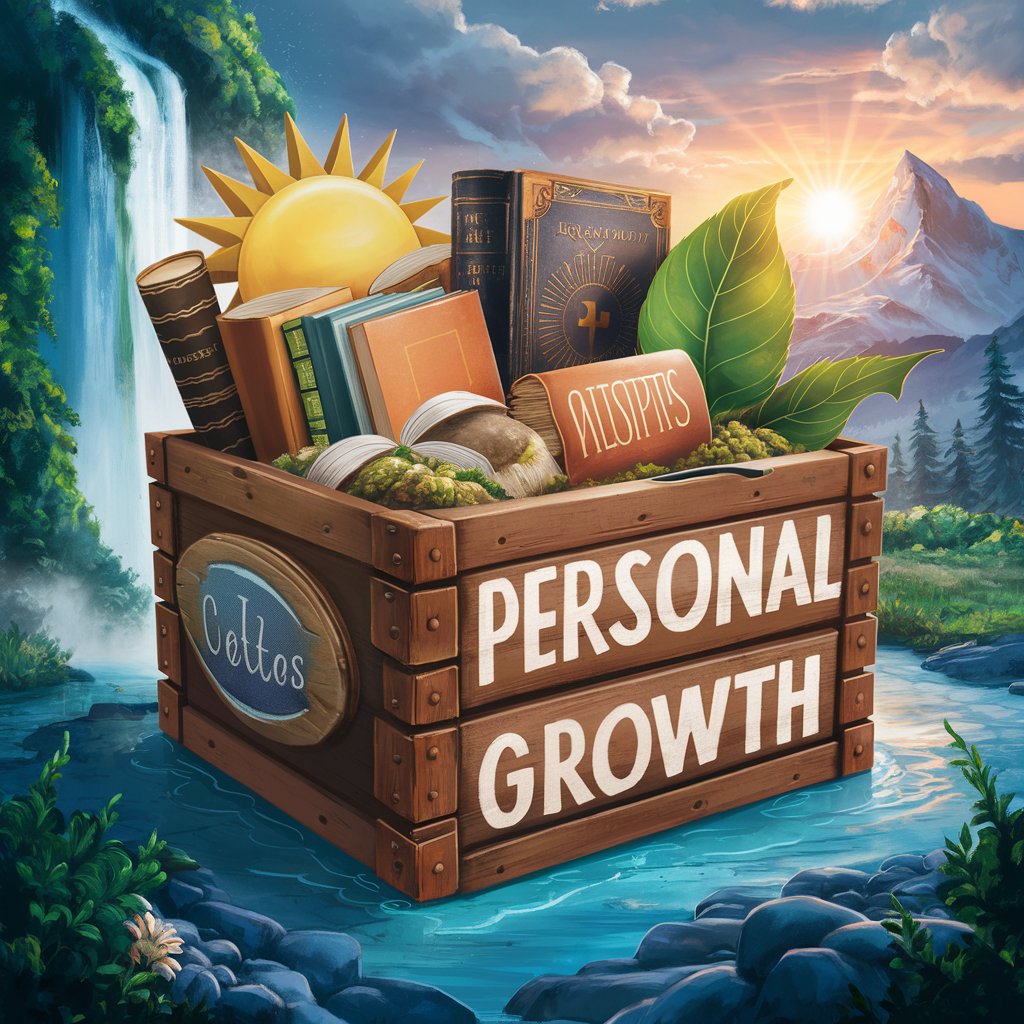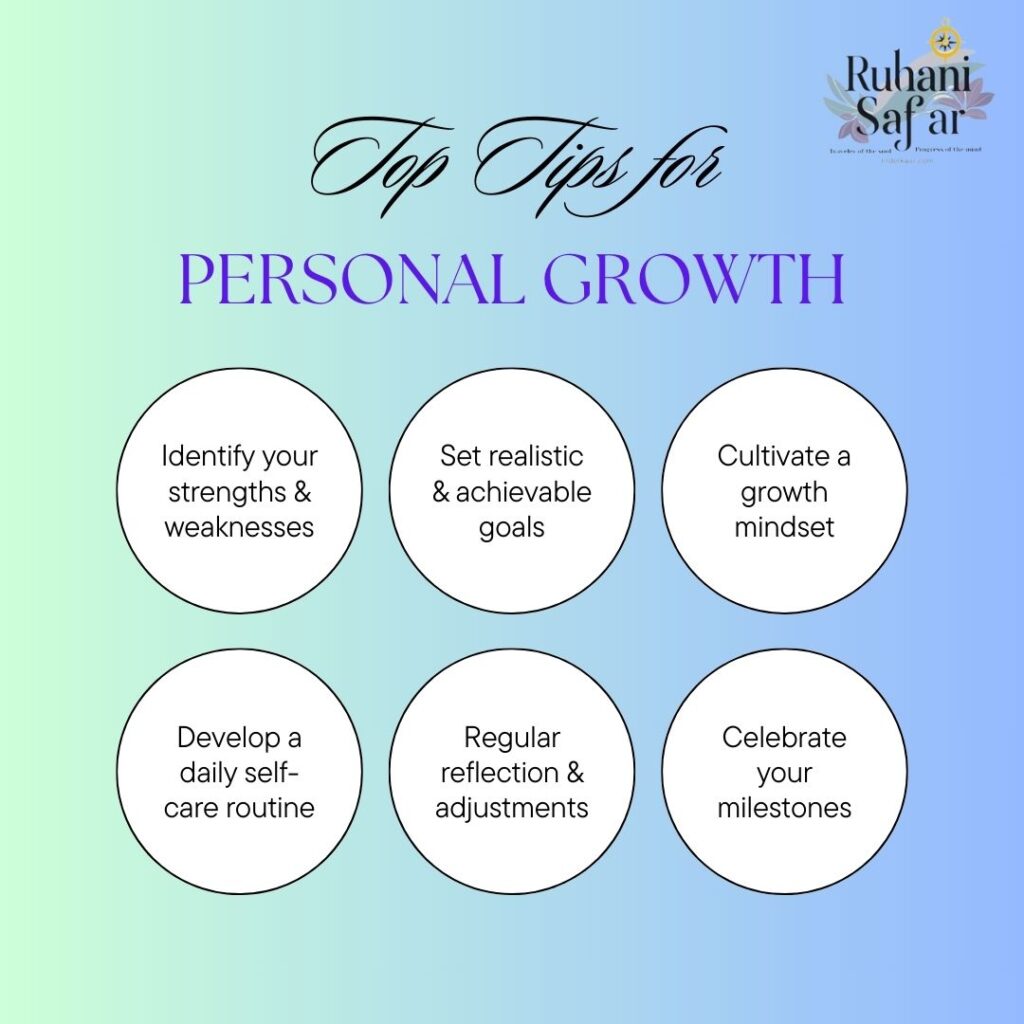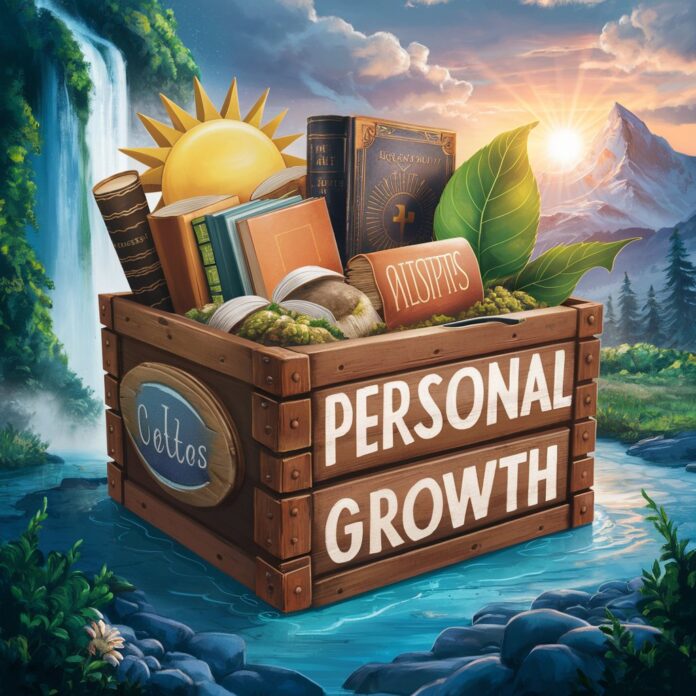Introduction
Personal growth, often referred to as personal development, is a lifelong journey of self-improvement that encompasses various aspects of life. It involves the conscious pursuit of personal goals, self-awareness, and the continuous quest for betterment. This exploration delves into the significance of personal growth, its components, stages, and practical strategies for fostering it.

Understanding Personal Growth
Definition
Personal growth can be defined as the process of enhancing one’s life through self-discovery, self-awareness, and the development of skills, habits, and attitudes that promote emotional, intellectual, and social well-being. It is a dynamic process that requires intentionality and commitment.
Importance
- Enhanced Self-Awareness: Personal growth fosters a deeper understanding of oneself, leading to improved decision-making and life satisfaction.
- Improved Relationships: By developing emotional intelligence and communication skills, individuals can cultivate healthier and more fulfilling relationships.
- Increased Resilience: Engaging in personal growth helps individuals develop coping strategies, enabling them to navigate life’s challenges more effectively.
- Greater Fulfillment: Pursuing personal growth aligns one’s actions with their core values and passions, leading to a more meaningful life.
Components of Personal Growth
Personal growth is multifaceted and can be divided into several key areas:
1. Emotional Growth
Emotional growth involves the development of emotional intelligence, self-regulation, and resilience. It includes:
- Self-Awareness: Understanding one’s emotions, triggers, and behaviors.
- Empathy: Recognizing and appreciating others’ feelings.
- Emotional Regulation: Managing emotions in a healthy manner.
2. Intellectual Growth
Intellectual growth focuses on expanding knowledge, critical thinking, and creativity. It encompasses:
- Lifelong Learning: Commitment to continuous education and skill development.
- Critical Thinking: The ability to analyze situations and make informed decisions.
- Creativity: Encouraging innovative thinking and problem-solving.
3. Social Growth
Social growth involves improving interpersonal skills and building meaningful relationships. Key aspects include:
- Communication Skills: Developing effective verbal and non-verbal communication.
- Conflict Resolution: Learning to navigate disagreements constructively.
- Networking: Building connections that can support personal and professional growth.
4. Spiritual Growth
Spiritual growth is about understanding one’s beliefs and values and exploring deeper existential questions. This can include:
- Self-Reflection: Engaging in practices like meditation or journaling to explore inner thoughts.
- Purpose and Meaning: Identifying what gives life significance.
- Connection: Seeking a connection with something greater, whether it’s nature, humanity, or a higher power.
5. Physical Growth
Physical growth emphasizes the importance of health and wellness. It includes:
- Fitness: Engaging in regular physical activity to maintain a healthy body.
- Nutrition: Eating a balanced diet that supports overall well-being.
- Wellness Practices: Incorporating habits like mindfulness and adequate sleep.

Stages of Personal Growth
Personal growth is not a linear process; it often involves various stages that individuals may cycle through:
1. Awareness
The journey begins with awareness—recognizing the need for change or improvement. This can arise from dissatisfaction with current circumstances or a desire to pursue new goals.
2. Exploration
In this stage, individuals explore their interests, values, and potential paths for growth. This may involve research, seeking advice, or experimenting with new activities.
3. Commitment
Once individuals have a clearer understanding of their goals, they must commit to taking action. This involves setting specific, achievable goals and outlining steps to reach them.
4. Action
The action stage involves implementing strategies and making changes. This is where individuals actively engage in behaviors that promote growth, whether through education, new habits, or lifestyle changes.
5. Reflection
Reflection is critical in personal growth. It involves assessing progress, learning from experiences, and making necessary adjustments to goals or strategies.
6. Integration
The final stage is integrating the changes into daily life. This involves making growth a consistent part of one’s identity and lifestyle, ensuring that personal development becomes a continuous journey.
Strategies for Personal Growth
To facilitate personal growth, individuals can adopt various strategies and practices:
1. Set Clear Goals
Setting specific, measurable, achievable, relevant, and time-bound (SMART) goals is essential. Goals provide direction and motivation, making it easier to track progress.
2. Practice Self-Reflection
Engaging in regular self-reflection helps individuals gain insights into their thoughts, feelings, and behaviors. Journaling, meditation, or simply taking time to think can enhance self-awareness.
3. Seek Feedback
Receiving constructive feedback from others can provide valuable perspectives on areas for improvement. This can come from friends, mentors, or colleagues.
4. Embrace Lifelong Learning
Cultivating a mindset of lifelong learning encourages individuals to seek new knowledge and skills. This can include formal education, online courses, or self-directed study.
5. Build a Support Network
Surrounding oneself with supportive and encouraging individuals can foster personal growth. A strong support network can provide motivation, accountability, and guidance.
6. Stay Open to Change
Personal growth often requires individuals to step out of their comfort zones and embrace change. Staying open-minded and adaptable is crucial in this process.
7. Practice Mindfulness
Mindfulness practices, such as meditation or deep breathing, can help individuals become more present and aware of their thoughts and feelings, fostering emotional growth.
8. Celebrate Progress
Recognizing and celebrating small achievements along the way can boost motivation and reinforce positive behaviors.
Challenges to Personal Growth
While pursuing personal growth is rewarding, it can also present challenges:
1. Fear of Change
Change can be intimidating. Fear of the unknown may hinder individuals from taking necessary steps toward growth.
2. Self-Doubt
Self-doubt can undermine confidence and motivation. It’s essential to challenge negative thoughts and cultivate a positive self-image.
3. Lack of Time
Busy lifestyles can make it difficult to prioritize personal growth. Finding ways to integrate growth activities into daily routines is vital.
4. External Influences
Societal expectations, peer pressure, and negative influences can impede personal growth. Learning to navigate these external factors is essential.
5. Impatience
Personal growth takes time, and the desire for immediate results can lead to frustration. Cultivating patience and persistence is crucial.
The Impact of Personal Growth
The benefits of personal growth extend beyond the individual. It can positively impact relationships, communities, and society at large:
1. Enhanced Relationships
Individuals who engage in personal growth often cultivate healthier relationships. Improved communication, empathy, and emotional intelligence foster deeper connections with others.
2. Positive Influence on Others
By pursuing personal growth, individuals can inspire those around them to embark on their journeys, creating a ripple effect of positive change.
3. Stronger Communities
When individuals focus on personal development, they contribute to stronger, more resilient communities. Engaged and self-aware individuals are more likely to participate in community-building efforts.
4. Contribution to Society
Personal growth often leads to a greater sense of responsibility and social awareness. Individuals may become more involved in social causes and contribute positively to society.
Conclusion
Personal growth is a dynamic, lifelong journey that encompasses various dimensions of life. By fostering self-awareness, embracing lifelong learning, and committing to personal development, individuals can enhance their well-being and lead more fulfilling lives. The pursuit of personal growth not only benefits the individual but also contributes to healthier relationships and stronger communities, ultimately creating a positive impact on society as a whole. Embracing this journey with intention and dedication can lead to profound transformations and a deeper understanding of oneself and the world.



